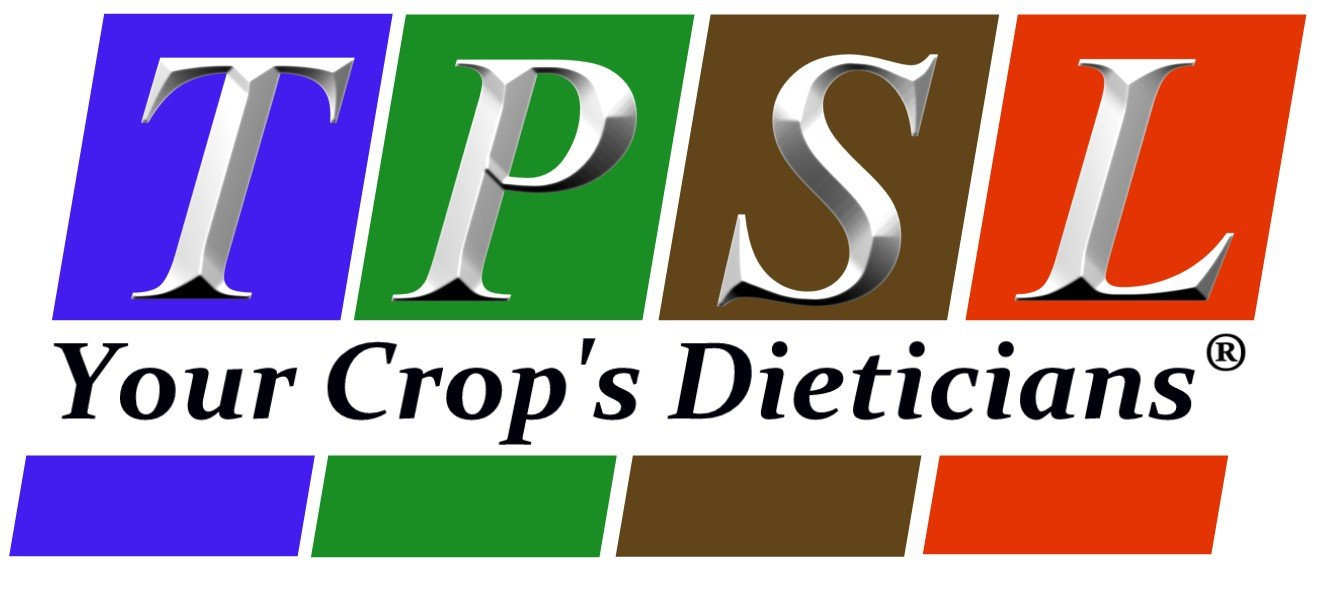Compost, Media, Manure & Humate Testing

"Essential for rebuilding soil tilth, structure, health and biological activity."
In addition to being an approved laboratory for the U.S. Composting Council, TPS Lab offers its own series of Plant Natural® compost quality tests.
Taking full advantage of compost's potential requires knowledge of its quality. Compost quality is a combination of nutrient content and carbon "decomposability," which is the same as maturity. Maintaining consistent quality makes it much easier to market compost and helps ensure conformance.
TPS Lab can determine your compost's quality accurately and quickly.
